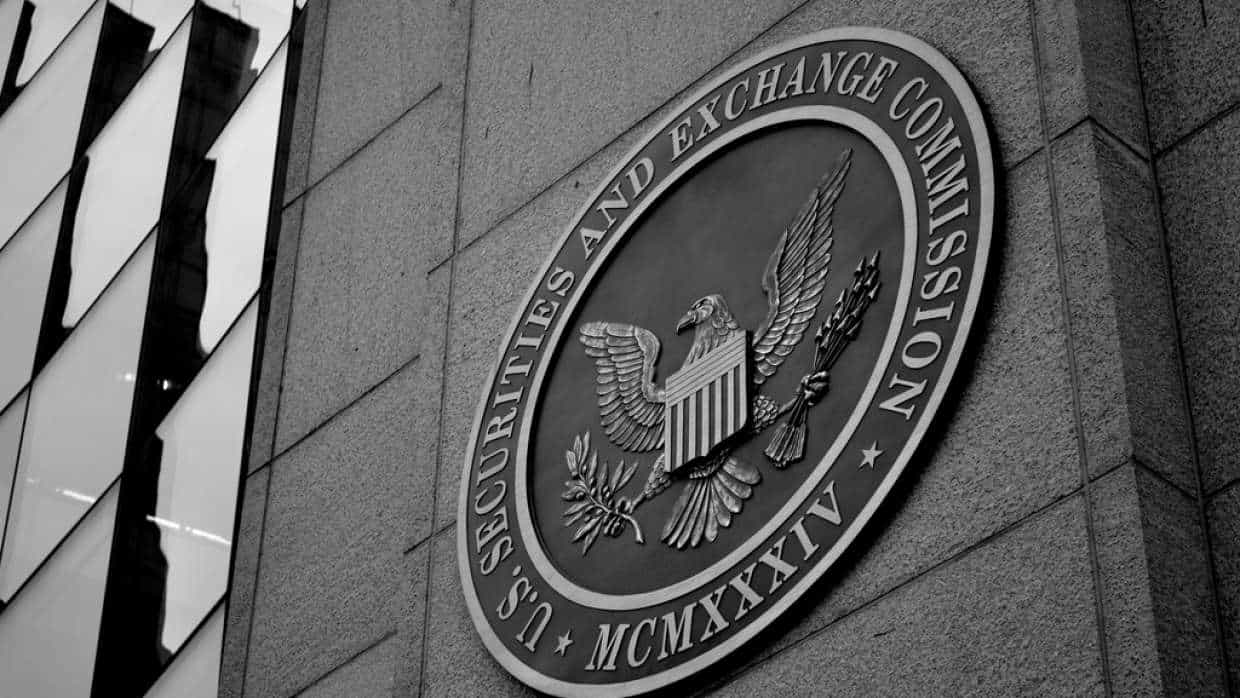Join Our Telegram channel to stay up to date on breaking news coverage
Xapo, a crypto wallet provider and cold storage vault, has decided to abandon the Venezuelan market. Over the weekend, the company sent out an email to its users in the country, confirming that it would shut its services down as it moves to transition its business.
No Concrete Reason for the Exit
According to a screenshot of the email shared on Twitter, Xapo confirmed the imminent arrival of a regulated digital banking platform. To do this, the crypto provider plans to overhaul its product offering, and invariably, cut off countries like Venezuela from its customer base.
Xapo’s customers in Venezuela have until year-end to move their funds from their Xapo wallets. After that point, it would shut down access to customers from Venezuela completely.
Xapo joins a litany of large crypto firms exiting Venezuela. In September, top peer-to-peer exchange Paxful announced a similar move, explaining in a press release that it had to cut the company out due to a challenging regulatory landscape.
“Our mission is to help the four billion unbanked and underbanked around the world… We made our best efforts for several months but with concerns regarding the regulatory landscape, we had no choice but to make this incredibly difficult decision.”
Other financial service firms that have shuttered their Venezuelan operations include Transferwise, Zelle, and Payoneer.
For traditional financial companies like Payoneer and co., cutting Venezuela off appears to be in a bid to appease the American government. Uncle Sam has imposed strict sanctions on the country already, and many of these companies seem to be cutting ties to avoid sanctions or punishments from Washington.
More Troubles for Venezuela
The reason for crypto companies leaving Venezuela remains pretty murky. As for Xapo, however, it could be a possible influence from a new partner. Last year, top crypto exchange Coinbase purchased Xapo’s institutional business in a deal that saw the former become the world’s largest crypto custodian by assets under custody.
Coinbase is known for its close ties with the government and acting in line with regulations. While the firm doesn’t own Xapo, it has undeniable influence over it now. Given its penchant for staying on the government’s good side, Coinbase could have had a hand to play in this decision.
The sanctions against Venezuela have forced the country to turn to cryptocurrencies primarily. Along with its state-backed asset Petro, Venezuela still relies heavily on Bitcoin to keep bankrolling operations.
In September, the Nicolas Maduro administration proposed a bill to the National Constituent Assembly, Venezuela’s parliament, outlining how they intended to deal with U.S. sanctions. In the bill, the government championed cryptocurrencies primarily, explaining that it was studying the application of a diverse range of cryptocurrencies.
While the government has its Petro, it’s worth noting that the asset is functionally non-existent outside of Venezuela. Petro isn’t on any exchange whatsoever, so it is illiquid outside its home country. This means that the government will still rely heavily on private cryptocurrencies like Bitcoin and others.
With crypto firms appear to be severing ties with the country, the government could find itself in a dire situation if it doesn’t act quickly.
Join Our Telegram channel to stay up to date on breaking news coverage


